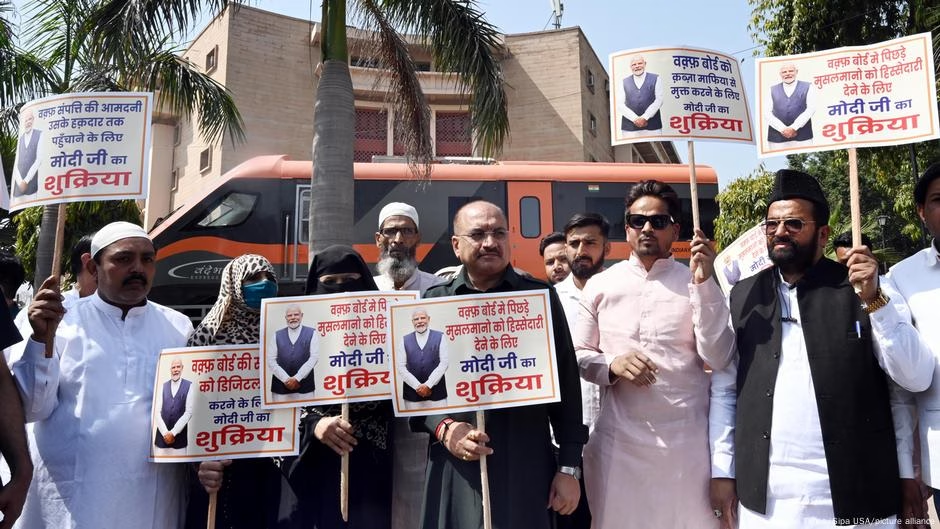India’s lower house of parliament has passed a contentious bill early on Thursday amending laws governing land and properties donated by Muslims, classified under the waqf category. These lands, dedicated for religious, educational, or charitable purposes, are not allowed to be sold or transferred once designated as waqf.
The Waqf (Amendment) Bill, 2025, introduced by Prime Minister Narendra Modi’s government, introduces the significant change of allowing non-Muslims onto the boards governing these properties, and also empowers the government to resolve ownership disputes regarding the waqf lands. In the lower house, there was a 12-hour debate followed by a vote of 288 members in favor of the bill and 232 against.
While the bill is currently under discussion in the upper house, the opposition, led by the Indian National Congress, has vehemently opposed it, labeling it as unconstitutional and discriminatory. They argue that the bill could be used as a tool to dispossess Muslims of their properties.
Prime Minister Narendra Modi’s government, on the other hand, defends the legislation, arguing that it aims to curb corruption and mismanagement, while promoting inclusivity. The Minister of Minority Affairs, Kiren Rijiju, advocates for the bill as a “pro-Muslim reform.”
The Islamic charitable foundations, known as waqfs, are significant in India, encompassing approximately 872,000 properties over 405,000 hectares of land, equivalent to a value of $14.22 billion. Critics and Muslim groups fear that the legislation could disadvantage waqf land control, especially considering the recent push by Hindu nationalist groups to reclaim several mosques, asserting they were originally Hindu temples.
Source: https://www.dw.com/en/india-lower-house-passes-contentious-muslim-land-bill/a-72123207?maca=en-rss-en-all-1573-rdf







